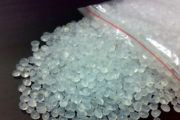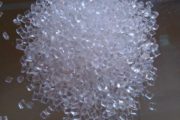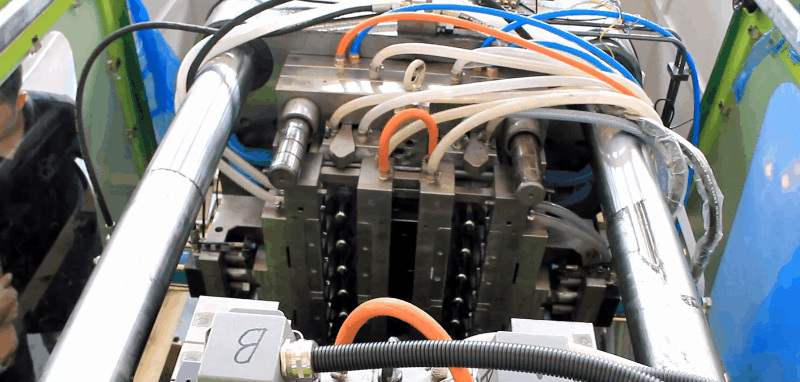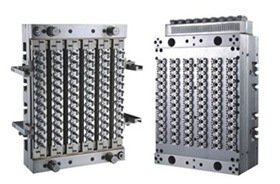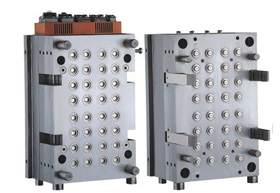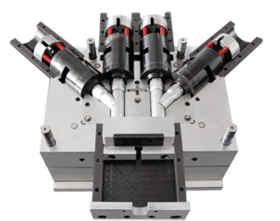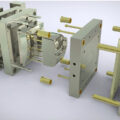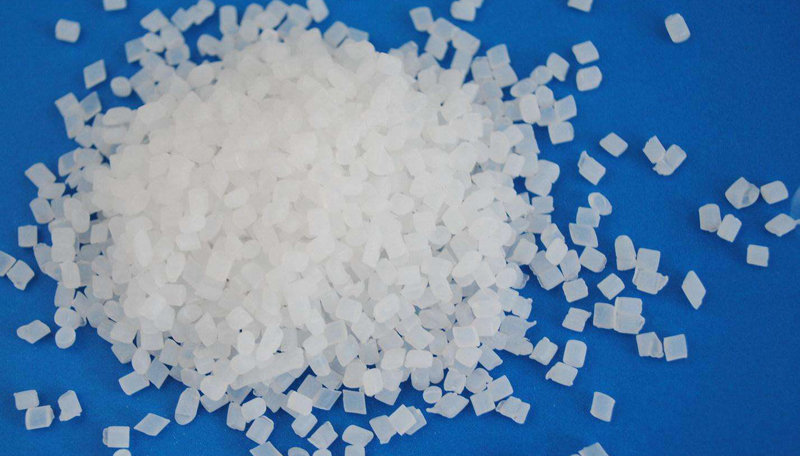
Generic Class
Polyamide 6, Nylon 6, or polycaprolactam (PA6) is one of the major engineering thermoplastics. PA6 is tough, has excellent abrasion resistance, good chemical resistance, fatigue endurance, lubricity, impact strength, high strength, and rigidity.
Applications
– structural applications
– bearings
Plastic PA6 Injection Molding processing conditions
| Conditions Name | Value |
|---|---|
| Drying | Since PA6 absorbs moisture readily, care should be taken to ensure its dryness prior to molding. If the material is supplied in watertight packaging, the containers should be kept closed. If the moisture content is >0.2%, drying in a hot air oven at 80°C [176°F] for 16 hours is recommended. If the material has been exposed to air for more than 8 hours, vacuum drying at 105°C [221°F] for more than 8 hours is recommended. |
| Melt Temperature | 230°C–280°C [446°F–536°F] 250°C–300°C [482°F–572°F] for reinforced grades |
| Mold Temperature | Mold temperature significantly influences the crystallinity level which in turn affects the mechanical properties. 80°C [176°F] or greater. Glass reinforced materials are always processed at higher mold temperatures. 80°C–90°C [176°F–194°F]. For structural parts, a high degree of crystallization is required. Increasing the mold temperature increases the strength and hardness, but the toughness is decreased. High mold temperatures are also recommended for thin-walled parts with long flow lengths. [20°C–40°C / 68°F–104°F]. To achieve a higher and more uniform degree of crystallinity, a cold mold is recommended for parts with a wall thickness greater than 3 mm. |
| Material Injection Pressure | Generally between 75MPa–125 MPa (depends on material and product design) |
| Injection Speed | High (slightly lower for reinforced grades) |
Runners and Gates of PA6 Injection Molding Processing Conditions
The gate location is important because of very fast freeze-off times. Any type of gate can be used; the aperture should not be less than half the thickness of the part. When hot runners are used, the size of the gates can be smaller than when cold runners are used. When using circular tapered gates, the minimum diameter of the gate should be 0.75 mm.
Chemical and Physical Properties
The molecular structure of polyamides consists of amide (CONH) groups joined by linear aliphatic sections (based on methylene groups). The toughness, rigidity, crystallinity, and thermal resistance of polyamide materials are due to the strong interchain attraction caused by the polarity of the amide groups. The CONH groups also cause a lot of moisture absorption.
Nylon 6 is produced by polymerization of caprolactam. The chemical and physical properties are similar to that of PA66. However, its melting point is lower than PA66 and it has a wider processing temperature range. Its impact strength and solvent resistance are better than PA66, but its moisture absorption is higher. Many properties are affected by moisture absorption, which must be taken into account when designing with these grades. Various modifiers are added to improve mechanical properties; glass is one of the most commonly used fillers. The addition of elastomers, such as EPDM or SBR, improves impact resistance.
For unfilled grades, shrinkage is of the order of .01–.015 mm/mm [1–1.5%]. The addition of glass fibers reduces the shrinkage to as low as 0.3% in the flow direction, but this could be as high as 1% in the cross-flow direction. The post-molding shrinkage is affected mainly by the crystallinity level and moisture absorption. The actual shrinkage is a function of part design, wall thickness, and processing conditions.
